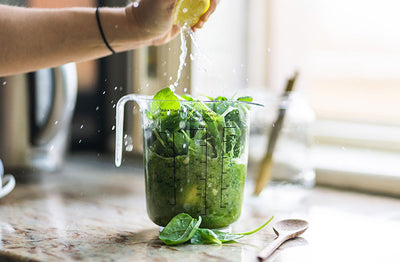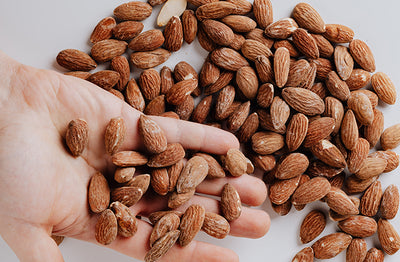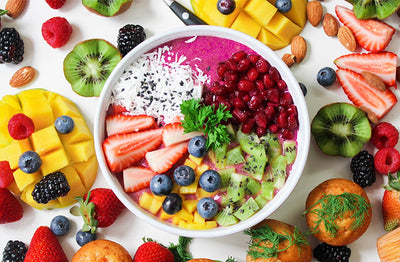The term ‘biohacking' has recently been gaining attention. That is why it is worthwhile to explore the topic and help you understand what it encompasses. Whether you are keen to become a biohacker or are just interested in exploring the subject, this blog will have you covered.
What is biohacking?
The term ‘biohacking' comes from finding hacks to improve one's biological system. Biohacking is a broad area, and some may even refer to it as a lifestyle. It covers many activities and experiments done in the pursuit of boosting physical and mental ability.
Some examples of activities that are done to improve mind and body include
intermittent fasting, taking
supplements, tracking sleep patterns, ice baths, etc.
There are also more extreme practices such as implanting chips in the body blurring the lines between machine and human.
Biohackers will often use words like optimising or upgrading. This gives us non-biohackers some insight into the motivation behind the practice. It is the desire to be better, push the body, and possibly extend one's life or delay aging in the process.
Enhancing one's mind and body is something we can all relate to, we all seek self-improvement one way or another. With this perspective, you can see why biohacking is taking off. Biohacking is not too different from traditional medicine, as it is a practice that aims to improve health and improve quality of life.
Some people have questioned biohacking, but it is not that unconventional in principal. This is not to say that some hacks are not extreme in form. Indeed, some activities are high-risk biohacks, such as those that are concerned with genetic engineering.
Types of Biohacking
Three different forms of biohacking exist; these include nutrigenomics, DIY biology and, the more contentious of the three, grinder.
Nutrigenomics
This type of biohacking focuses on how different nutrients consumed influence genes, affect feelings, thinking and behaviours. Founded on the idea that a person's genetic expression can be optimised by testing how nutrients influence genetic makeup, nutrigenomics hacks this knowledge to find ways to enhance genetic makeup.
DIY biology
DIY biology is another type of biohacking which is mostly directed by those with a background in scientific fields. They experiment on themselves outside of controlled medical environments and then share their tips and experiences.
Grinder
Albeit the most controversial form of biohacking, grinders view every part of the human body as optimisable, and devotees seek to become "cyborgs" by "enhancing" their bodies with gadgets, implants, injections, etc. Grinders will do anything to make their body function in the way they desire.
Takeaway Message
If you are open to exploring new approaches, then biohacking in its milder form may be worth exploring further.
Some simple biohacks that are easy to incorporate into your lifestyle include:
- Intermittent fasting
- Elimination diet
- Light therapy
- Music
- Mindset
- Supplement
- Bulletproof coffee
Nonetheless, it is crucial to consider the pros and cons and always weigh the dangers associated with any activity before experimenting for an improved mind and body.
Read Also:















